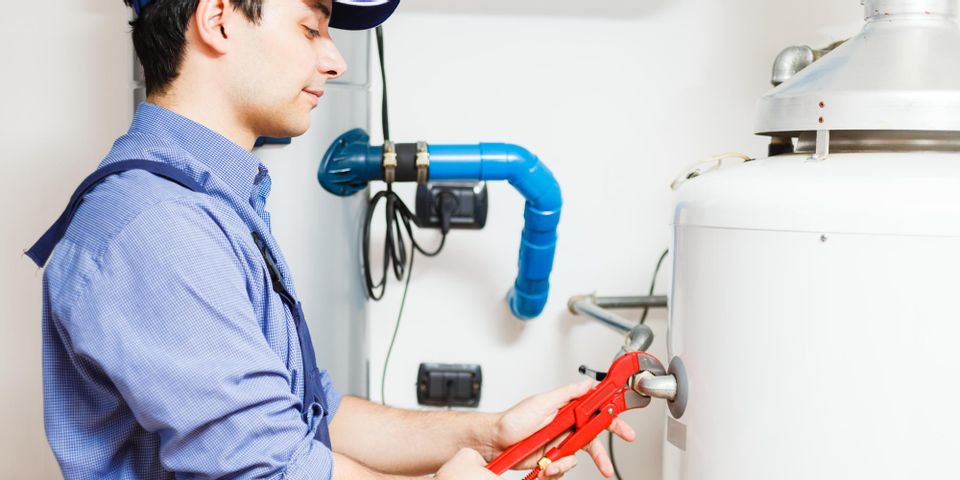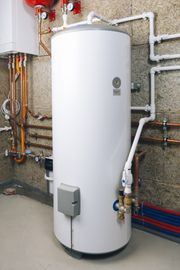
Day in and day out, a water heater works hard to make daily life comfortable and efficient. However, if the anode rod is ruined by rust, you’ll need to call a professional for water heater repairs. Use the following guide to learn more about this component.
A Guide to Anode Rods
What Is It?
An anode rod is a metal rod of magnesium, aluminum, or zinc that screws into your water heater. As the tank fills and empties over the next several years, corrosion eats away at its metal—by design. The anode rod rusts so that the rest of the appliance stays rust-free. The reactive metal of the anode rod corrodes so that the tank, which is made of exposed steel, remains intact.
How Can I Tell When It’s Deteriorating?
 If rust destroys the anode rod, the tank’s lining will start to corrode. Rust-colored hot water may flow from your plumbing fixtures. You may also hear the ting of rust fragments inside your tank when water is heating up. Pieces of the anode rod may break off and clang against the sides of the tank, too. They may damage the lining and cause leaks.
If rust destroys the anode rod, the tank’s lining will start to corrode. Rust-colored hot water may flow from your plumbing fixtures. You may also hear the ting of rust fragments inside your tank when water is heating up. Pieces of the anode rod may break off and clang against the sides of the tank, too. They may damage the lining and cause leaks.
What Factors Affect Its Life Span?
On average, an anode rod lasts four to five years, depending on water consumption and quality. Households with whole-home water softeners, which remove magnesium and calcium from the water, should opt for water heaters with aluminum anode rods because they’ll last longer.
If you need water heater repairs, turn to B&B Plumbing & Heating of Oxford, OH. For over 20 years, they’ve been providing top-tier plumbing, refrigeration, and HVAC services to customers throughout southwest Ohio and southeast Indiana. Whether you’re dealing with a clogged drain or rusty water, you can rely on their 24/7 emergency services to get the job done right. To learn more about their offerings, visit the website, or call (513) 523-4010 to schedule an appointment for water heater repair.
About the Business
Have a question? Ask the experts!
Send your question

